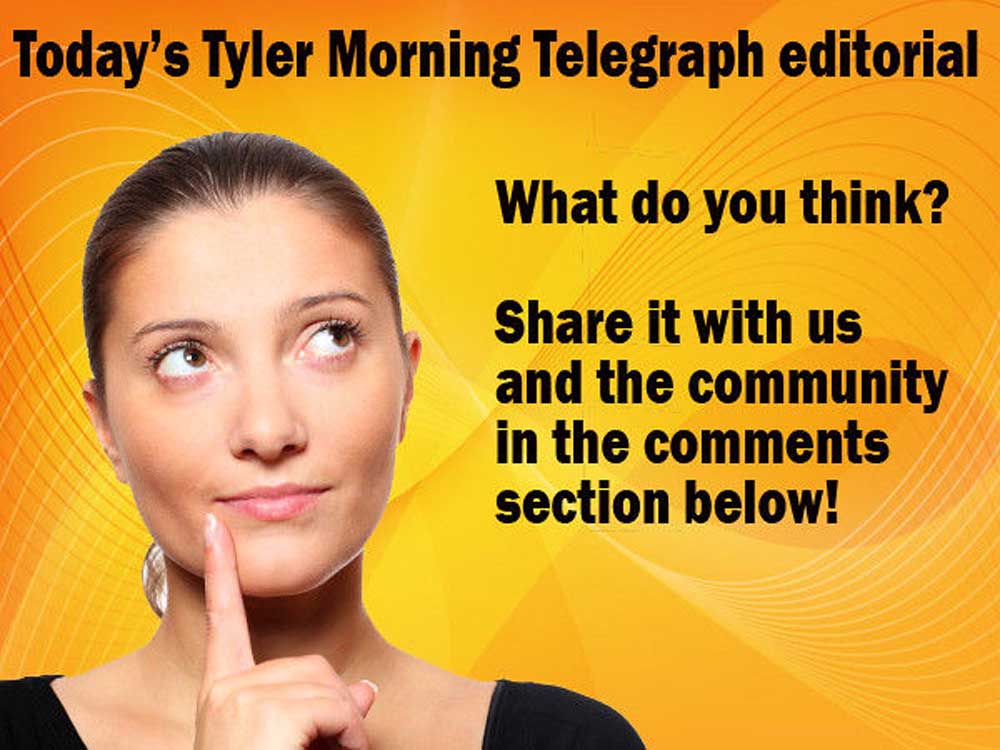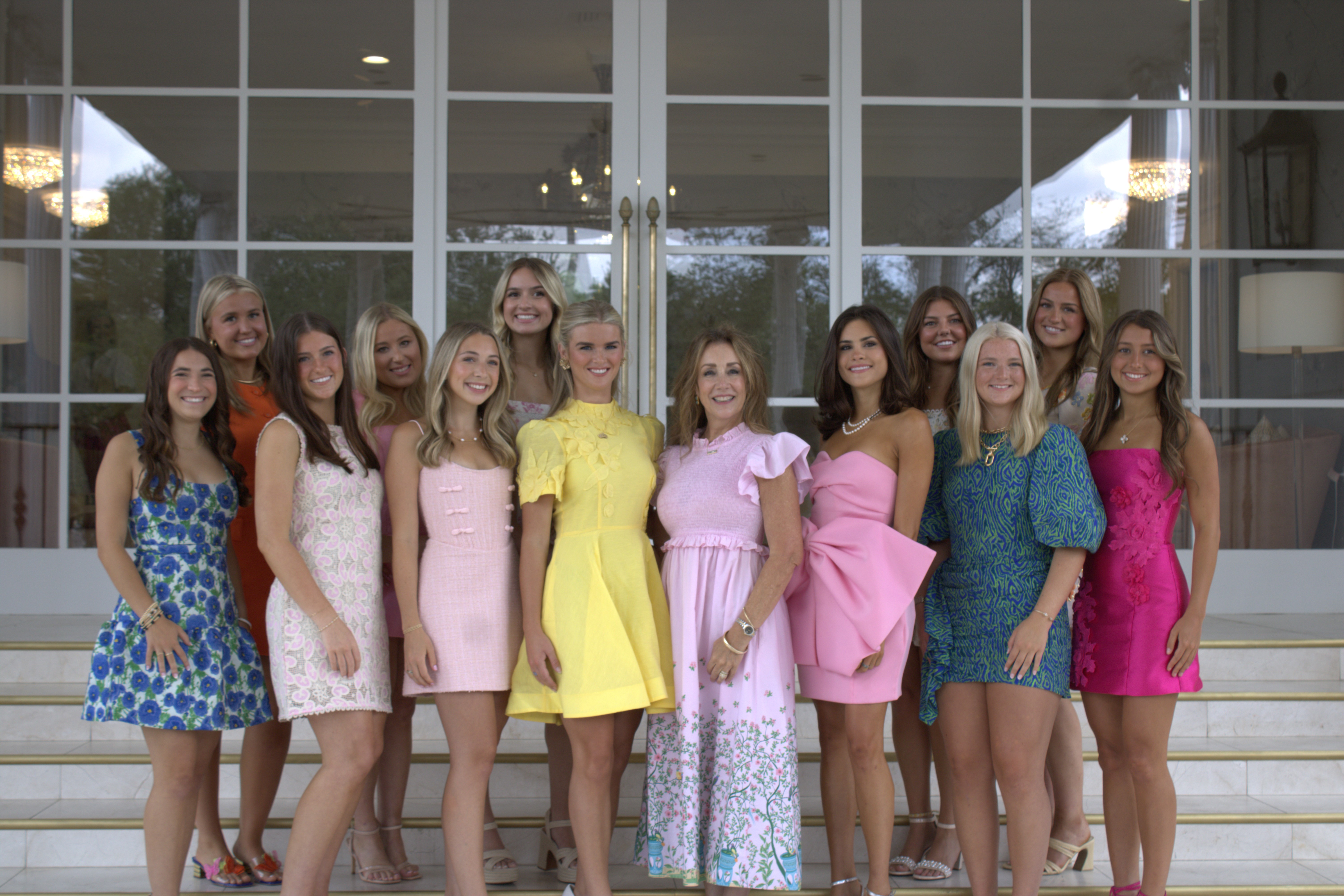Clinton and Trump need thicker skins
Published 7:52 pm Thursday, September 24, 2015
Hillary Clinton and Donald Trump share a far-from-admirable trait – thin skin. Both respond to tough questions and legitimate criticisms by crying “media bias.”
The media has a job to do, particularly during an election cycle. News agencies play a unique role in helping to vet candidates. They’re also tasked with holding candidates and office-holders accountable.
Trending
In recent years, conservatives in particular have complained bitterly about media bias. Reporters often lob softball questions to President Barack Obama and other Democrats, they contend, while saving the tough questions for Republicans.
Yet these days, Hillary Clinton’s supporters are claiming widespread bias against her.
“I have written before about the media’s anti-Clinton and pro-Sanders bias in reporting poll results in the Democratic presidential nomination contest,” writes longtime Clinton confidante Lanny Davis in The Hill. “If you need any further evidence, take a look at the disparate media treatment when, in the last several days, Hillary Clinton’s poll results have been more positive, both nationally and in the early caucus and primary states.”
News outlets are over-emphasizing polls that reflect poorly on Mrs. Clinton, Davis contends, and ignoring the more positive polls.
“In Florida, the most recent PPP poll, completed Sept. 13, shows Clinton increasing her lead, with 55 percent to 18 percent and 17 percent, respectively, over Sanders and Biden,” Davis writes. “CNN’s Sept. 21 poll also shows Clinton with healthy leads nationally among Democratic women, older voters – who tend to turn out in higher percentages than younger voters – and, significantly, among nonwhite Democrats. Again, virtual silence in the media.”
Mrs. Clinton isn’t alone in claiming media bias. Donald Trump is “boycotting” Fox News because he thinks he’s been treated unfairly.
Trending
“Fox News has been treating me very unfairly and I have therefore decided that I won’t be doing any more Fox shows for the foreseeable future,” Trump said on Twitter on Wednesday.
He’s had a tumultuous relationship with Fox ever since the first GOP debate, when anchor Megyn Kelly confronted him with his prior statements.
Following the debate, Trump complained that the questions “were far tougher” on him than other candidates.
“The questions to me were not nice,” Trump said. “I didn’t think they were appropriate.”
Two points to make here: First, if the questions posed to Trump were “tougher” than those posed to other candidates, what of it? Trump was (and is still) the frontrunner. Of course he’ll receive more scrutiny.
And the second point is simply that politics isn’t about “nice.” No one running for the highest office in the land – the most powerful position in the world – gets to demand that he be asked only “nice” questions.
For her part, Hillary Clinton carefully screens what questions are asked at the very few interviews she even grants. But the principle is the same – it’s the media’s role to ask tough questions, and the candidate’s obligation to be transparent and accountable.
Confronting candidates with their own words or actions isn’t “unfair treatment.” If candidates feel that it is, then perhaps they’re in the wrong profession.







